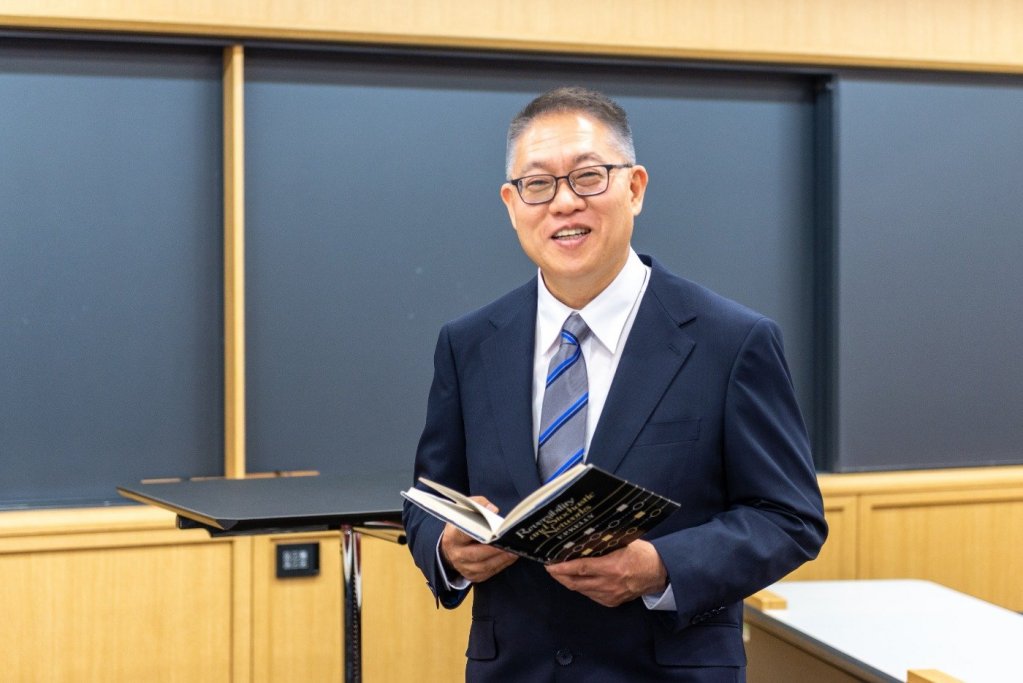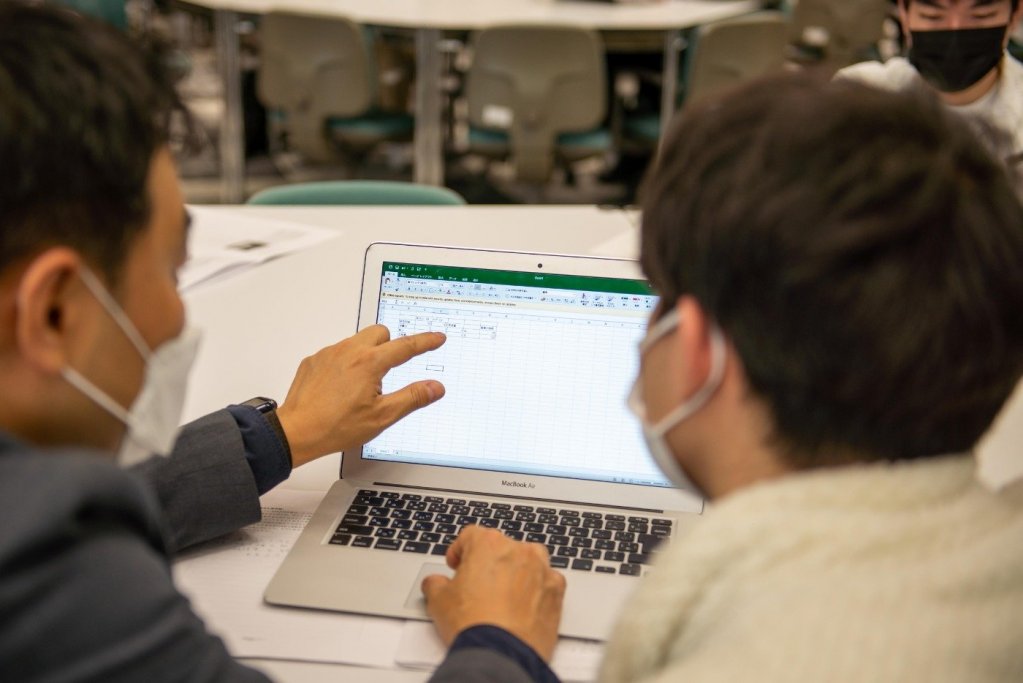Dr Katsunobu Sasanuma (Specialization: Data Science) announced as Professor at NUCB
NUCB Undergraduate School (Nisshin City, Aichi Prefecture) provides participant-centred Case Study Method Education whilst meeting the highest standards set by international accreditation bodies.
We are delighted to announce that Dr Sasanuma has been appointed Professor at NUCB in the Department of Management Information Science, joining us from Stony Brook University (SUNY) in New York.
The appointment of Dr Sasanuma will be instrumental for our Data Science Track (language of instruction; Japanese), and together we will further promote education and research in the field of data science.
Students will systematically study subjects such as business administration, statistics, data analysis, and AI using the MBA-style Case Study method, and cultivate the ability to apply innovative solutions to complex business problems.

Professor Katsunobu Sasanuma
Faculty Profile
Katsunobu Sasanuma is a professor at NUCB, Nagoya University of Commerce and Business. He also holds a visiting associate professor position at the Research Center for Policy Design at the Graduate School of Economics and Management at Tohoku University. Prior to joining the faculty at NUCB, Dr. Sasanuma was an assistant professor at College of Business at Stony Brook University, State University of New York.
He graduated from the University of Tokyo with bachelor’s and master’s degrees, majoring in condensed matter physics. Upon graduation, he worked as a semiconductor engineer at Toshiba R&D Center and as a consultant at Almec Corporation. Afterwards, he studied Public Policy at Harvard Kennedy School and Operations Research at Operations Research Center at Sloan School of Management at Massachusetts Institute of Technology. He then pursued his Ph.D. in Public Policy and Management (Operations Management) at Heinz College at Carnegie Mellon University.
His research areas include probability theory, stochastic processes, queueing theory, queueing network, and inventory management. His doctoral thesis, Congestion-Based Control Policy for Service Systems, explores a new Markov chain decomposition technique to analyze service systems, and was given the 2016 William W. Cooper Doctoral Dissertation Award at Carnegie Mellon University. He is particularly interested in finding simple laws of physics in complex real-world systems and applying the findings to improve the operations of such systems. He has taught classes in Operations Research/Operations Management/Information Systems. His work has been presented at various conferences and has appeared in professional journals.
Katsunobu Sasanuma
Professor, Department of Management Information Science, NUCB Undergraduate School
1990 BA, The University of Tokyo
1992 MSc, The University of Tokyo
2005 MPA, Harvard Kennedy School
2009 MSc, Massachusetts Institute of Technology (MIT)
2015 Ph.D., Carnegie Mellon University (CMU)
Teaching Subjects
- Computer and Information Society
- Introduction to Computer Programming
- Computer Programming for Artificial Intelligence
- Business Analytics
- Decision-making under Uncertainty
Main Research Achievements
(1) SASANUMA*, Katsunobu, Mohammad DELASAY, Christine PITOCCO, Alan SCHELLER-WOLF, and Thomas SEXTON (2022)
"A marginal analysis framework to incorporate the externality effect of ordering perishables", Operations Research Perspectives, Vol. 9, 100230, pp1-12. (https://doi.org/10.1016/j.orp.2022.100230)
(2) SASANUMA*, Katsunobu, Akira HIBIKI, and Thomas SEXTON (2022)
"An opaque selling scheme to reduce shortage and wastage in perishable inventory systems", Operations Research Perspectives, Vol. 9, 100220, pp1-12. (https://doi.org/10.1016/j.orp.2021.100220)
(3) SASANUMA*, Katsunobu, Robert HAMPSHIRE, and Alan SCHELLER-WOLF (2022)
"Controlling arrival and service rates to reduce sensitivity of queueing systems with customer abandonment", Results in Control and Optimization, Vol. 6, 100089, pp1-20. (https://doi.org/10.1016/j.rico.2021.100089)
(* Corresponding author)
Data Science Track established
NUCB Undergraduate School has established the Data Science Track, a fusion of arts and sciences, for students who aim to find employment in the IT industry or become system engineers, or to acquire skills in solving corporate issues by utilizing data science.
Through a well-developed IT environment and guidance by practitioner faculty members, students learn specialized skills in the IT field and business administration at the same time, to develop data scientists who can make rational decisions based on data. In addition, the university provides new students with computers (Apple Macbook Air) free of charge, which they can use for practical training and self-study in the data science course.


MEXT Approved Program for Mathematics, Data Science and AI Smart Higher Education
As a result of our efforts in Mathematics and Data Science Education, NUCB Undergraduate School has been certificated in MDASH (Approved Program for Mathematics, Data Science and AI Smart Higher Education)- Literacy by MEXT (Ministry of Education, Culture, Sports, Science and Technology) on August 4, 2021.
World-Standard Education
Since its foundation in 1953, the school has pursued world-standard management education. The school was the first in Japan to receive three international accreditations (Triple Crown; AACSB, AMBA, EQUIS).
Currently, the school has exchange agreements with 118 world-class partner schools across 51 countries around the world. The NUCB Business School (Graduate School of Management) is ranked No. 1 in Japan for all degree programs (EMBA, MBA, MSc) in the world QS rankings (as of 2021).
In the Times Higher Education Japan University Rankings 2022, our school is ranked 1st in the Tokai-Hokuriku region and 16th nationwide (7th in Japan in the field of Economics and Business Administration) in the "Environment" pillar.
Data Science Track | Management | NUCB Undergraduate School - AACSB Accredited
名古屋商科大学
https://www.nucba.ac.jp/en/management/data_science.html

 Download
Download
 Infosession
Infosession
 Application
Application
 Open Campus
Open Campus

